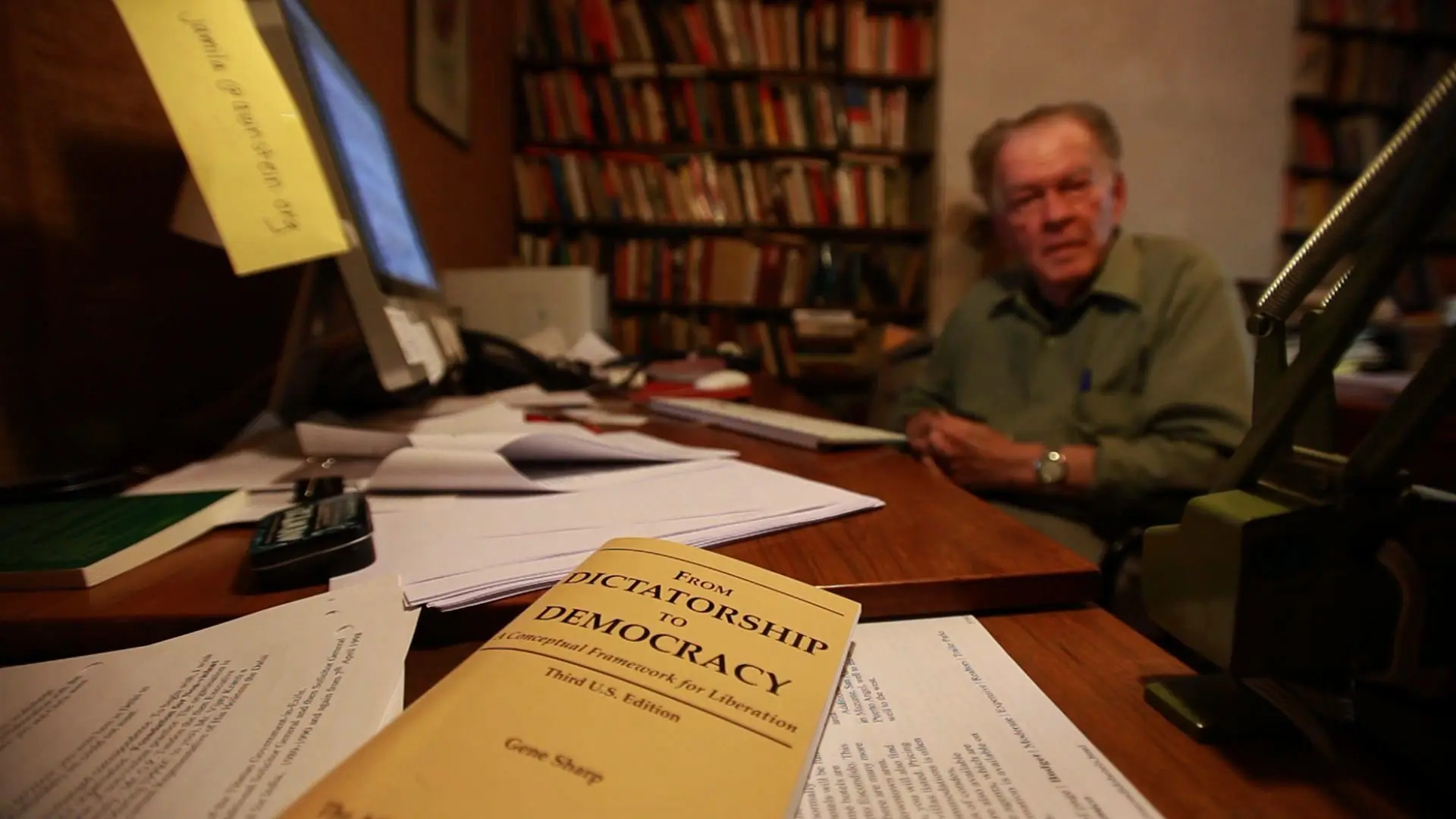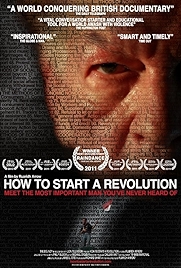A movie for every day of the year – a good one
25 January
Police Day, Egypt
Today is Police Day in Egypt. It is held annually to commemorate the day when 50 police officers were killed, more wounded, after a spat between local Egyptian policemen and the colonial ruler, Britain, got out of hand. The officers refused to hand over their weapons; the British sent in the army and surrounded the police station where they were holed up. Result: nasty. It was possibly just another day in the life of a colonial power and its variously contented subjects, but the event got wider currency when a local man photographed the melee and got his snaps published, which led to riots throughout the country. Fast forward more than 50 years to 2009, when Hosni Mubarak was now the overlord and his police were seen as the villains, not the heroes, of the day. It was in that year that Mubarak decided to dedicate the 25 January as National Police Day, in memory of the dead from 1952, as a way of getting the country behind something they could all agree on, and as a thank you to a branch of the state Mubarak had relied on entirely – a state of emergency which suspended all constitutional rights, abrogated the rule of law and extended the powers of the police had been in force since Mubarak had become president in 1981. Inspired by events in Tunisia, it was also on this day, two years later, that activists chose to start protests against the actions of the police, in front of the Interior Ministry in Tahrir Square. The Egyptian Revolution was born.
How to Start a Revolution (2011, dir: Ruaridh Arrow)
A documentary about Gene Sharp, the world’s leading expert on nonviolent struggle. Sharp’s 198 techniques have been used all over the world in a variety of coloured uprisings (purple, velvet and orange). Number 32 is taunting officials. Number 30 is rude gestures. Number 44 is mock funerals. Number 133 is reluctant and slow compliance. Sharp, now in his 80s, physically doddery but still sharp as a tack, runs his Albert Einstein Institution with the help of Jamila Raqib, a passionate young Afghani woman who has been there since 2001. Before then it was pretty much just Sharp, on his own, since 1983. They’re a complementary couple – he’s self-effacing, gentle; she’s fiery, and the camera loves her a bit more. Also worth mentioning is Bob Helvey, the plain-speaking Vietnam veteran and retired US Army Colonel who has found common cause with Sharp (and who provides a bit of red meat for those worried the documentary is going to be all lentils and bran). Did Sharp’s book lead to the Arab Spring, or the downfall of Mubarak in Egypt? It is hotly contested in Egypt, and the film does not go there. But there were certainly people in Tahrir Square who had read Sharp’s work. Sharp wrote it at the request of Burmese who had spent 20 years fighting their military junta to no avail. And since then From Dictatorship to Democracy has become the standard work on nonviolence. But others might foreground Skype and Facebook (which director Ruaridh Arrow does mention). If the documentary struggles to make it towards the magical 90 minutes, and never really offers an argument against the activities of this genial genie, if it’s also a touch shady on who is funding Bob Helvey’s international jaunts (it’s one of those government backed organisations, the International Republican Institute – expanding “freedom throughout the world”) it’s hard to take issue if you’re as new to Sharp as I was when I first saw this film. And even if you don’t credit his book with causing the Arab Spring, at the very least it is full of hard-won insights. A codification of possibilities rather than a tactical A-Z, it’s a workbook rather than a blueprint. To take one point by Srda Popovic, one of the Sharp-o-phile activists who organised against Slobodan Milosevic’s Serbian regime, you don’t throw stones at the police, you co-opt them. Another of Sharp’s techniques. Number 148 is mutiny. Number 18 is displays of flags and symbolic colours…
Why Watch?
- A portrait of a little-known Nobel Peace Prize nominee
- A self-effacing man with a huge global influence
- Puts some international perspective on the Arab Spring and other struggles
- Who knows when you might need the techniques yourself?
How to Start a Revolution – at Amazon
I am an Amazon affiliate
© Steve Morrissey 2014

